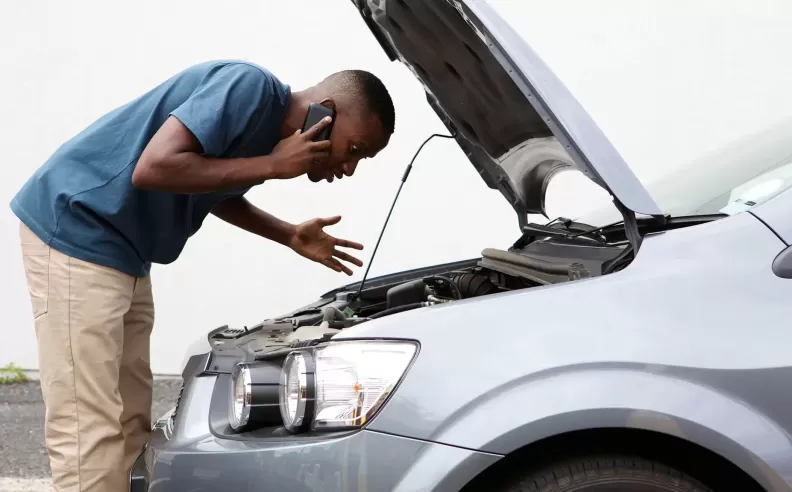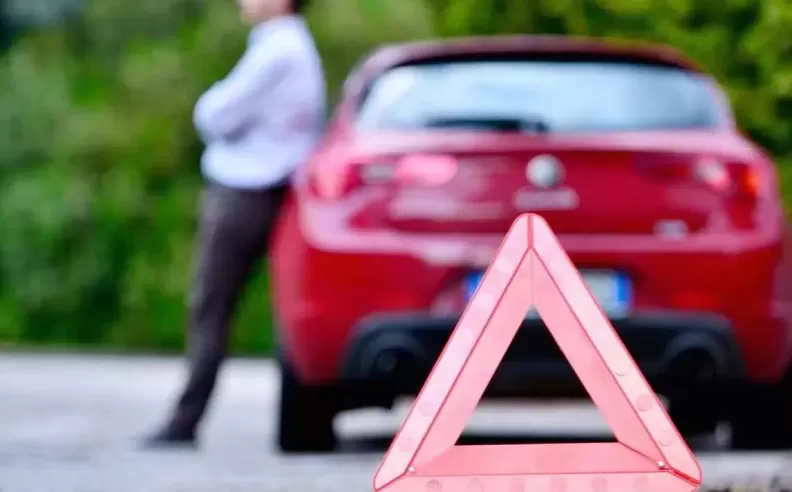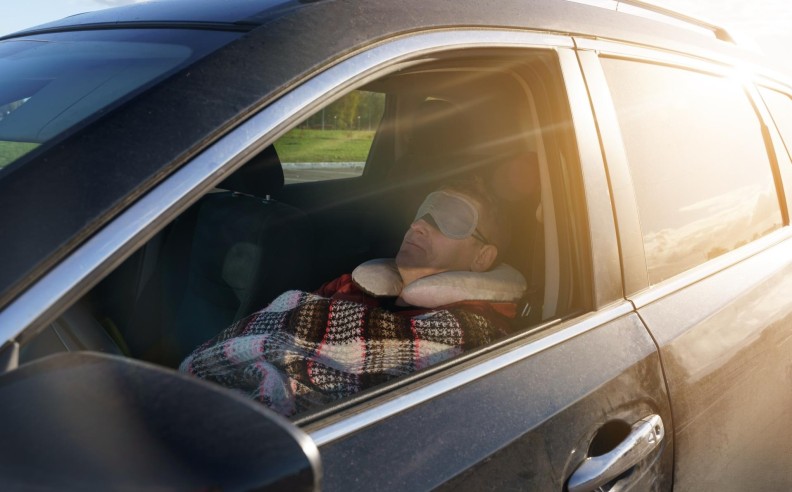
Imagine you're cruising down the highway, enjoying a peaceful drive, when suddenly your car starts making strange noises or experiences a sudden loss of power. Dealing with a mechanical issue while driving can be a stressful and potentially dangerous situation. However, knowing how to react and what steps to take can help you navigate this situation safely and efficiently.

1. Stay Calm and Signal
The first rule of thumb when facing a mechanical issue while driving is to stay calm. Panicking can lead to poor decision-making and increase the risk of accidents. Focus on maintaining control of the vehicle and keeping a steady grip on the steering wheel.
Once you realize there's an issue, immediately signal your intention to pull over. Activate your hazard lights to alert other drivers that you're experiencing a problem and need to slow down or stop.
2. Assess the Situation
While keeping an eye on the road and your surroundings, try to assess the severity of the issue. Is the problem affecting your ability to steer, brake, or accelerate? Does the issue involve smoke, unusual smells, or other signs of potential danger? Understanding the nature of the problem will help you decide on the next steps.
3. Move to the Right
If possible, start moving your vehicle towards the right-hand side of the road or onto the shoulder. This will provide a safer space for you and other drivers. Avoid sudden movements or sharp turns, as these could exacerbate the issue or lead to a loss of control.
4. Turn Off the Engine
Once you've safely pulled over, turn off the engine. This can help prevent further damage and reduce the risk of a fire if the issue involves smoke or overheating. Keep your hazard lights on to maintain visibility to other drivers.
5. Call for Help
If the problem is beyond your ability to fix, it's time to call for assistance. If you have roadside assistance coverage, contact your provider to request help. If not, call a friend, family member, or a towing service to come and assist you. Make sure to provide your exact location, a description of the issue, and any relevant details about your vehicle.
6. Stay Inside the Vehicle
While waiting for help to arrive, it's generally safer to remain inside your vehicle. This is especially true if you're on a busy highway or in an area with heavy traffic. Staying inside provides some protection in case of a collision and reduces your exposure to passing vehicles.
7. Alert Others
If you're stuck in an area with poor visibility or at night, consider using road flares or reflective triangles to warn other drivers about your presence. Placing these items a safe distance behind your vehicle can help prevent further accidents.
8. Use Caution When Accepting Help
If a kind stranger offers assistance, exercise caution. Keep your windows rolled up and only crack them slightly to communicate. It's best not to accept rides from strangers, but you can ask them to call for help on your behalf if you don't have a phone or can't reach someone.
Experiencing a mechanical issue while driving can be a nerve-wracking experience, but remaining calm, taking appropriate steps, and prioritizing safety can make all the difference. By knowing how to respond, staying prepared, and seeking help when needed, you can navigate these situations with confidence and protect yourself and others on the road.

Wael is an automotive content writer specializes in creating written content for Motor 283. Producing a wide range of content, including blog posts, articles, product descriptions, reviews, and technical guides related to cars, trucks, motorcycles, and other vehicles, with an unprecedented passion for cars, and motorcycles.

